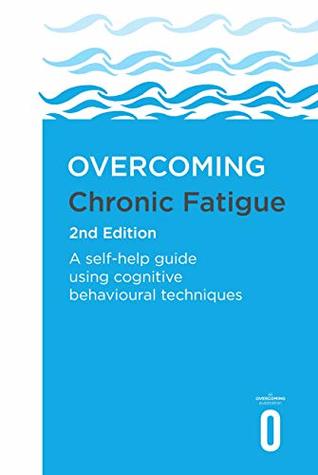Conditional assumptions are less obvious than our automatic thoughts and are often outside of our awareness. They operate as rules that guide our daily actions and expectations. They help us to ‘get by’ and to cover up perceived flaws, e.g., ‘to do everything perfectly’ to prevent us being criticised. They often have the force of commands such as ‘I must’ or ‘I should’, or may be posed as ‘if . . . then . . .’ sentences.
Welcome back. Just a moment while we sign you in to your Goodreads account.


